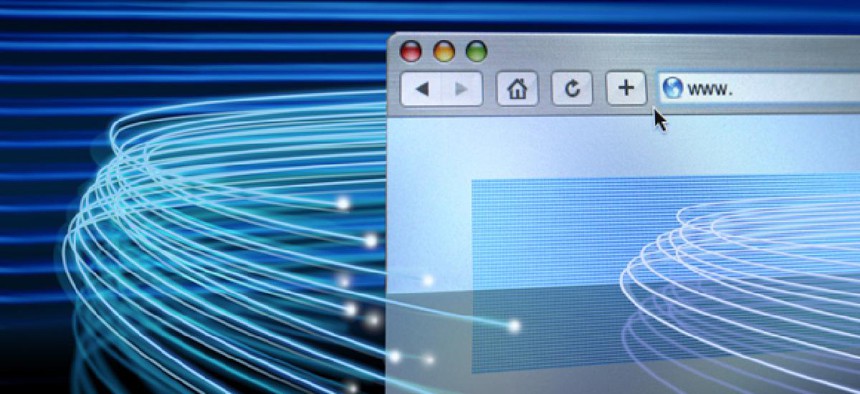Defining the 'We' in the declaration of Internet freedom

Anteromite/Shutterstock.com
Left unsaid in a high-profile new document about Internet's principles is whose interests it represents--and how they'll be backed.
Last week, a collection of Internet bold-faced names rolled out a Declaration of Internet Freedom. Groups like the advocacy organization Free Press and the New America Foundation's Open Technologies Institute took the lead on its creation, and the first batch of signatories included the likes of Reddit co-founder Alexis Ohanian, Harvard Law School professor and former Obama administration official Susan Crawford, Cory Doctorow of BoingBoing, Internet pioneer and Google evangelist Vint Cerf, Ben Huh of ICanHasCheezburger.com and related sites, and a raft of other groups and individuals who make good livings on or around the Internet. The plan is for the public to debate, edit, and remix the document's core principles, "as only the Internet makes possible," as two of the planners put it. But here's what the Declaration of Internet Freedom held at its creation:
We stand for a free and open Internet.We support transparent and participatory processes for making Internet policy and the establishment of five basic principles:Expression: Don't censor the Internet.Access: Promote universal access to fast and affordable networks.Openness: Keep the Internet an open network where everyone is free to connect, communicate, write, read, watch, speak, listen, learn, create and innovate.Innovation: Protect the freedom to innovate and create without permission. Don't block new technologies, and don't punish innovators for their users' actions.Privacy: Protect privacy and defend everyone's ability to control how their data and devices are used.
With bills like the Stop Online Piracy Act (SOPA) and the Protect IP Act (PIPA), treaties like the Anti-Counterfeiting Trade Agreement (ACTA), and holidays like Independence Day (July 4th) in the news, it's an opportune time for a project like this. It's also the right time to poke at its meaning. For one thing, as Atlantic Wire's Rebecca Greenfield pointed out, the declaration's bare-bones founding principles are strikingly vague. The application of "defend[ing] everyone's ability to control how their data and devices are used" is going to get very complicated, very quickly, especially when so many of the social platforms and tools that Internet users love, like Facebook and Google, are built on a trade-off between data and access. And yet at the same time, the principles are easy to get behind. Few people think what they're doing is censorship, and it's a decent bet everyone from AT&T to the Motion Picture Association of America to even the Chinese government believes that they're abiding by some version of "openness."
Read more at The Atlantic.
(Image via Anteromite/Shutterstock.com)





